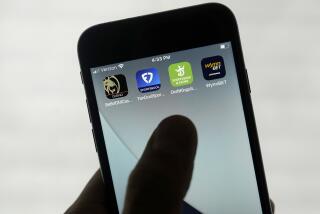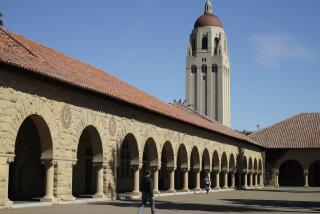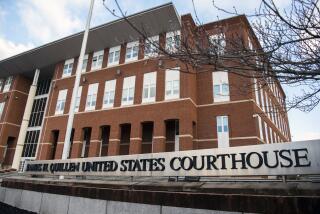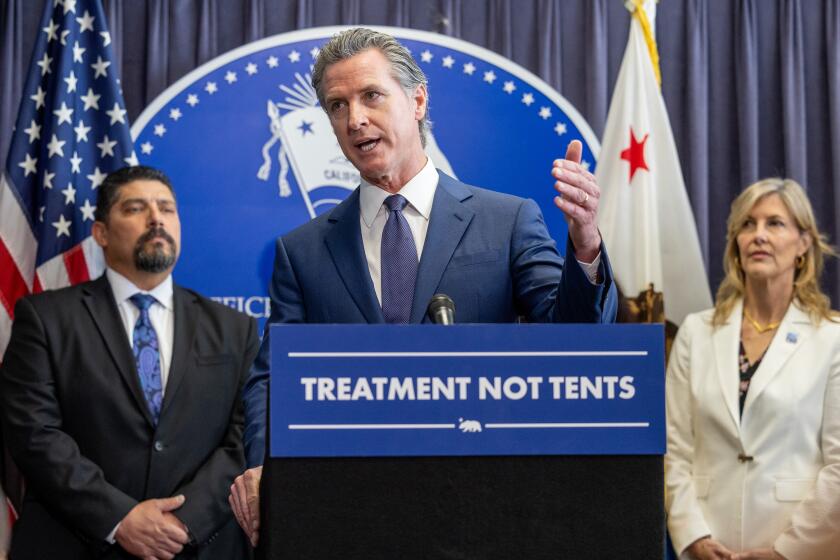California would allow college athletes to profit from endorsements under bill sent to Newsom
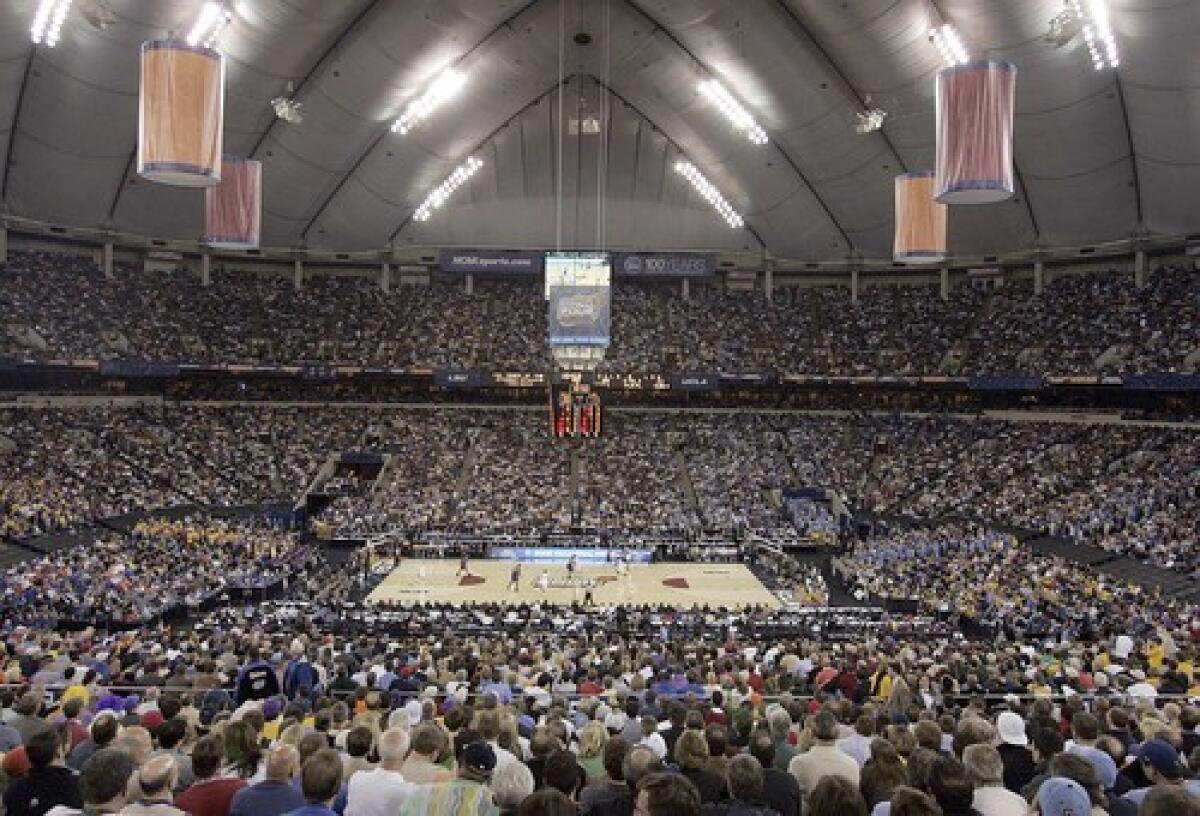
California would allow college athletes to earn money from the use of their names, images and likenesses under a bill passed by the state Legislature on Wednesday and headed to Gov. Gavin Newsom.
The legislation has garnered national attention, with athletes such as NBA stars LeBron James and Draymond Green praising the potential for California to give college athletes a share of the windfall they help create for their universities and the National Collegiate Athletic Assn. The Senate gave final approval to Senate Bill 206 by Sen. Nancy Skinner (D-Berkeley) in a 39-0 vote. The Assembly passed the bill 73-0 on Monday.
But the NCAA has forcefully pushed back against the bill, saying it has the potential to kill amateur athletics if it becomes law. The NCAA sent Newsom a letter Wednesday calling the legislation “unconstitutional” and “harmful.”
“If the bill becomes law and California’s 58 NCAA schools are compelled to allow an unrestricted name, image and likeness scheme, it would erase the critical distinction between college and professional athletics and, because it gives those schools an unfair recruiting advantage, would result in them eventually being unable to compete in NCAA competitions,” the letter said.
NCAA President Mark Emmert and 21 other members of the organization’s board of governors signed the letter. Emmert sent a letter to state legislators in June that warned of dire consequences if the bill passed.
Skinner dismissed the NCAA’s warnings as empty threats and said Wednesday that legal scholars have concluded her bill is in fact constitutional.
“The NCAA has repeatedly lost anti-trust cases in courts throughout the nation,” Skinner said. “As a result, threats are their primary weapon.”
NCAA rules bar athletes from being compensated for use of their names, images or likenesses. The bill would not allow schools to directly pay athletes, but would permit students to receive compensation from outside sources — for example, from a video game company or for signing autographs or memorabilia.
Lawmakers supporting the bill provided examples of other situations in which college athletes are unable to earn money for their services that they said simply do not seem fair: a collegiate swimmer barred from teaching swim lessons, a volleyball player unable to put on a summer camp or a baseball player who can’t promote an autobiographical book.
“Forget shoe deals and video games, NCAA athletes can’t make a little money over the summer coaching youth sports, can’t promote their social media, can’t model athletic wear, can’t accept groceries or help with rent or equipment,” Assemblyman Kevin Kiley (R-Rocklin) said. “When a line in the sand is enforced obsessively, excessively and to the point of absurdity, that’s usually a sign it doesn’t belong there.”
The bill moved through the Legislature despite NCAA President Emmert’s June letter. Emmert urged lawmakers to delay making a decision until after a group of college presidents, conference commissioners, athletic directors and athletes studied whether such a financial arrangement can exist “in a fashion that would be consistent with the NCAA’s core values, mission and principles.” That report is expected next month.
Emmert’s letter read, in part: “[W]hen contrasted with current NCAA rules, as drafted the bill threatens to alter materially the principles of intercollegiate athletics and create local differences that would make it impossible to host fair national championships. As a result, it likely would have a negative impact on the exact student-athletes it intends to assist.”
The bill heading to Newsom would prohibit the NCAA from banning a university from competition if its athletes were compensated beginning in Jan. 1, 2023. Supporters of the bill argued that the delayed implementation provides the NCAA time to make changes to its rules and gives California leeway to introduce future legislation if changes are needed to ensure schools are not penalized.
The bill prohibits athletes from entering into endorsement deals that conflict with their team’s contract. SB 206 does not apply to community college athletes.
“Our name, image and likeness was given to us by our parents and our Creator,” said Ramogi Huma, a former UCLA football player who is executive director of the National Collegiate Players Assn., which pushes for college sports reforms. “It’s dehumanizing for the NCAA to demand complete ownership of players’ identity as a condition of participating in college sports. Players are people not university property. It’s especially offensive given the majority of California athletes and players elsewhere are minorities and women.”
The Pac-12 Conference referred to its previous statement on the bill that asked the Legislature to delay taking action until an NCAA working group finished studying the issue this fall.
During a committee hearing earlier this year, Long Beach State athletic director Andy Fee warned of “many potential and unintended consequences” if the bill becomes law.
“I fear the distinct possibility of a scenario where California schools could be expelled for willful breaking of NCAA rules,” Fee said. “Should California schools be expelled, the very student-athletes the bill is intended to assist would be adversely affected.”
More to Read
Start your day right
Sign up for Essential California for news, features and recommendations from the L.A. Times and beyond in your inbox six days a week.
You may occasionally receive promotional content from the Los Angeles Times.
